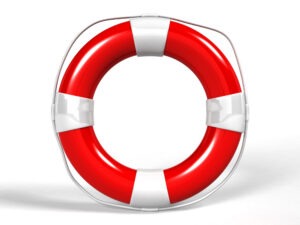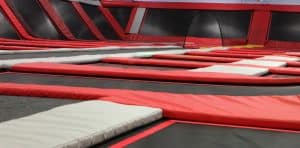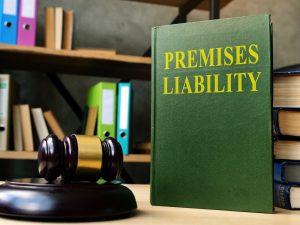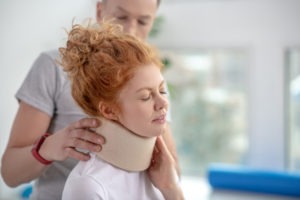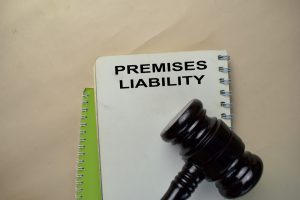The success of a premises liability case will depend on the circumstances surrounding each situation including the:
- Legal status of the visitor.
- Condition of the property.
- Actions of the visitors.
There are four different labels that may be applied to a visitor. The first is invitee. This individual has been invited onto the premises and that invitation is deemed to imply that the owner or possessor of the property has done what he or she can to make sure the property is safe. A licensee or social guest has permission to be on the premises and a trespasser enters without permission or right. In the case of licensees and trespassers, there is not an implied promise that the property will be safe for them.
The legal status of a visitor to a piece of property is important because it informs as to what level of care the owner or occupier must put into making sure the premises is safe.
40+ years of experience from strong, knowledgeable, compassionate attorneys.
Start A Free EvaluationIn general, licensees and invitees can expect that the owner or occupant of the property has exercised reasonable care in keeping the premises safe. This is usually accomplished through property inspections, posted warnings regarding dangerous conditions and when warranted, the repair of those dangerous conditions. In the case of trespassers, it is expected only that they be warned about artificial conditions that are not obvious and have been created that could lead to death or serious injury.
The activities of the property visitors can be relevant as well. This is because most of the time it is expected that when it comes to his or her safety the visitor will exercise reasonable care.
The outcome of a premises liability lawsuit will depend on the specific circumstances surrounding a visitor’s injury. Because it can be so complicated when pursuing such a claim it is usually a good idea to seek assistance from a personal injury lawyer.
Source: FindLaw, “Premises Liability: Who Is Responsible?” Accessed Oct. 1, 2014


